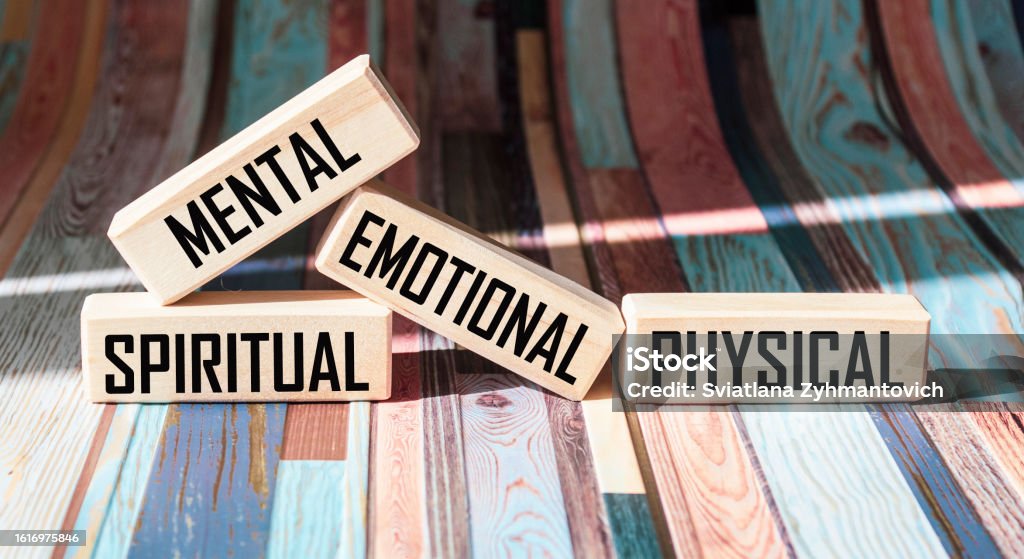
The Catholic Peace Weekly published an article on a Symposium on the work of the Maryknoll Society in East Asia in its recent issue.
In commemoration of the 100th anniversary of Maryknoll Foreign Mission Society's entry into Korea this year, the Korean Church History Institute held an international symposium on the 14th at the Spirituality Center of the Archdiocese of Seoul with the theme of 'Maryknoll Foreign Mission Society's East Asia Missionary Activities' — a reflection on the meaning of missions in East Asia by the Maryknoll Society.
The Maryknoll Society was founded in 1911 in the United States for the purpose of missionary work in Asia and began missionary work in Asia in 1918 after receiving its missionary mandate to China from the Vatican. It entered Korea through Pyongyang in 1923, 100 years ago, and into China before that in 1918 and Japan in 1933.
Father James J. Najmowski of the Maryknoll Society said in his keynote lecture: "The reason the Maryknoll Society carried out its first missionary work in China was because of the request for American missionaries by the clergy of various mission societies." At that time, political instability in various regions due to factional fighting in China caused hardships for the poor, and the need for education and medical care arose. Abandoned babies, lepers, peasants, and women needed urgent concern.
The Maryknoll Society, which entered Korea in 1923, worked to expand the number of parishioners and to evangelize in the Pyongyang Vicariate. After the Korean War and liberation, it moved from North to South Korea due to the communist rule in North Korea.
After the Korean War, the Maryknoll Society carried out evangelization projects in the southern regions of Korea, in the Diocese of Cheongju and Incheon, and also contributed to the development of social welfare by establishing orphanages, nursing homes, and hospitals. Father Najmowski said: "Missionary activities are a mirror of Christ’s love for people, especially love for the poor. As I look back on the missionary activities practiced by the Maryknoll Society in the Far East and the reason for starting the activities, I realize the missionary mission of Christ."
In addition to the keynote lecture, a professor of Daegu University gave a presentation on the theme of 'The Maryknoll Society's Entry and Adaptation to China', mentioning the duality of the discovery and adaptation of China as a mission field, and the Maryknoll Society's efforts to 'indigenize'.
A senior researcher at the Korean Church History Institute also examined the situation of the Maryknoll Society that entered Korea during the Japanese colonial period with the theme of 'Japanese religious policy and Maryknoll Foreign Mission Society’s advancement into Korea'. "In the 1920s, the Korean Church sought the expansion of the Maryknoll Society into Korea in response to the expansion of Protestant churches, the impact of World War I, and Japan’s Protestant-oriented religious policy after the March 1st Movement. In 1923, the Maryknoll Society was able to enter Korea."
A Japanese professor at Nagasaki University of Foreign Studies revealed the interrelationship between the Maryknoll Society’s expansion into Japan and Korea in his presentation 'Kyoto District Establishment and Its Significance'.
In his congratulatory address, Father James M. Lynch, Vicar General of the Maryknoll Society, said: "In all our missionary activities, including East Asia, we have tried to witness to the true nature of the church’s mission. In particular, the Maryknoll Society has been enriched by the faith of Koreans. We were invited into the joys, hopes, sorrows, and pains of the Korean people, and witnessed the light of Korean faith that enriched the universal church. Thank you for your faith, virtue, and charity.”
In his welcoming address, Bishop Son, Chairman of the Korean Church History Institute, said: "This is an academic symposium that looks at the evangelization activities carried out by Maryknoll missionaries in Asia from a larger perspective." He looked back on the passion and efforts of the Maryknoll Society for a century and prayed for evangelization in a new era.





